Home>Garden Essentials>What Seeds Do Mourning Doves Eat
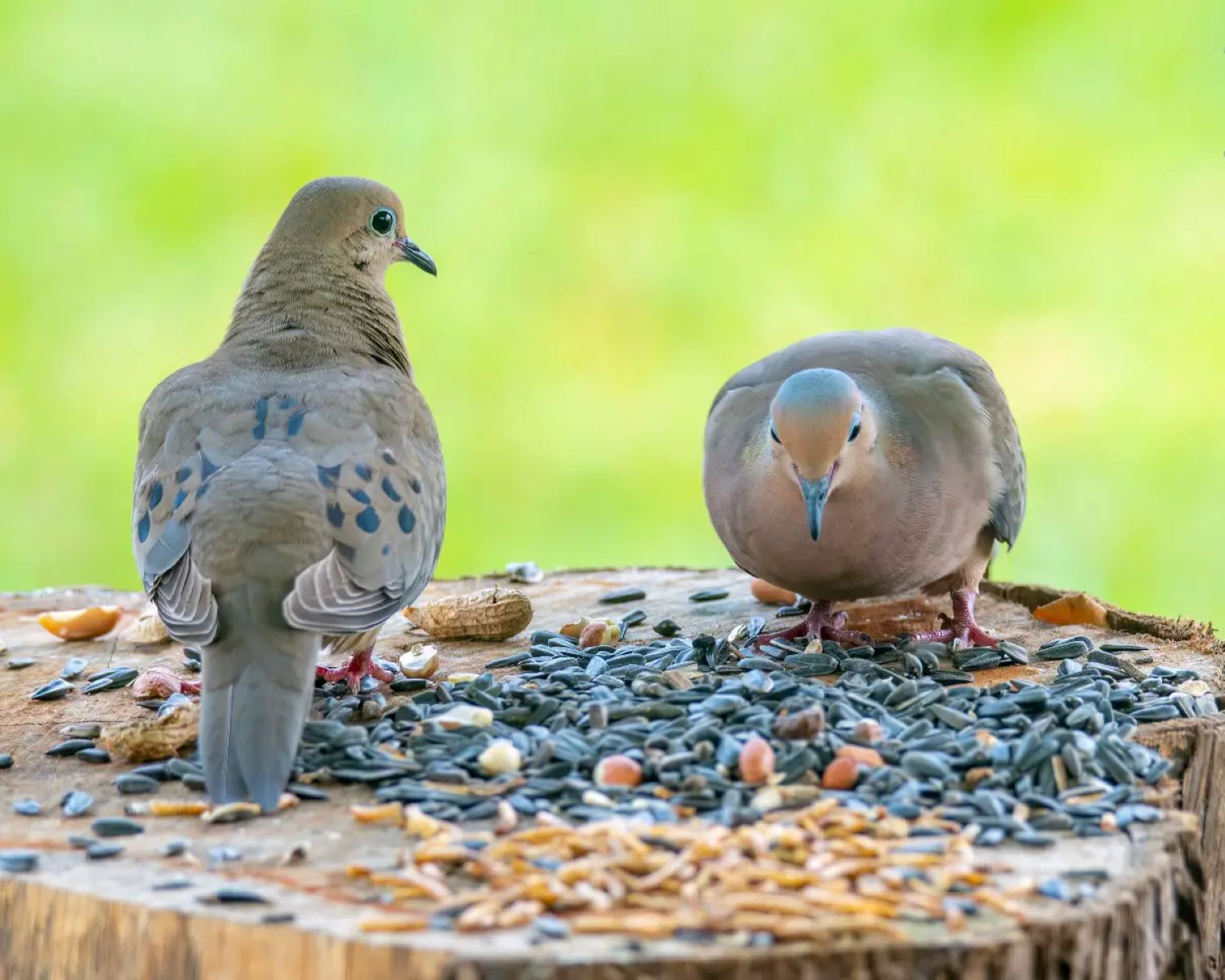

Garden Essentials
What Seeds Do Mourning Doves Eat
Modified: March 24, 2024
Get insights on what seeds garden mourning doves eat. Discover the best seeds to attract and feed these delicate and peaceful birds in your garden.
(Many of the links in this article redirect to a specific reviewed product. Your purchase of these products through affiliate links helps to generate commission for Storables.com, at no extra cost. Learn more)
Introduction
Mourning doves, scientifically known as Zenaida macroura, are one of the most familiar and widespread bird species in North America. These beautiful, graceful birds are often found in gardens, parks, and open woodlands, and are known for their distinctive mournful cooing sounds that fill the air. While mourning doves have a diverse diet that includes insects, fruits, and grains, seeds play a crucial role in their daily nourishment.
In this article, we will explore the specific types of seeds that mourning doves consume, the importance of seeds in their diet, and the factors that influence their seed preferences.
Diving deeper into the world of mourning doves and their seed-eating habits will not only enhance our understanding of these fascinating creatures, but also provide useful insights for gardeners and bird enthusiasts who wish to attract and support these birds in their outdoor spaces.
Key Takeaways:
- Mourning doves rely on a diverse diet, but seeds are crucial for their survival. From grass seeds to wildflower seeds, these birds have a varied palate and depend on seeds for energy and nutrition.
- Factors like seed availability, size, and nutritional content influence mourning doves’ seed preferences. By understanding these factors, we can create bird-friendly habitats that cater to the needs of these beautiful birds.
Read more: What To Do If Dog Eats Bird Seed
General Diet of Mourning Doves
Mourning doves are primarily granivorous, meaning they have a diet mostly composed of seeds. However, they are not strictly seed-eaters and do consume a variety of other food sources. Insects, such as beetles, grasshoppers, and ants, make up a significant portion of their diet, especially during the breeding season when they need to provide protein-rich food for their chicks.
Additionally, mourning doves supplement their diet with berries, fruits, and small plant matter. This can include wild berries, grapes, and seeds from grasses and weeds. They may also consume small amounts of nectar from flowers, particularly during the summer months when flowers are in bloom and provide a readily available source of energy.
However, it is their reliance on seeds that distinguishes mourning doves from many other bird species. Seeds are fundamental to their survival and play a crucial role in meeting their nutritional needs throughout the year.
Now that we have a general understanding of the mourning dove’s diet, let’s explore the specific types of seeds they consume and their importance in more detail.
Seeds Consumed by Mourning Doves
Mourning doves have a wide variety of seeds in their diet, which they consume based on availability and preference. Some of the common seeds that they feed on include:
- Grass Seeds: Mourning doves have a particular affinity for grass seeds such as foxtail, panicum, and ragweed. These small, hard seeds are a staple in their diet and are readily available in fields, open areas, and even in home gardens.
- Cereal Grains: Doves are known to consume a variety of cereal grains including wheat, corn, barley, and oats. They often forage in agricultural fields and crops, taking advantage of the abundance of these grains.
- Wildflower Seeds: Doves are attracted to the seeds of wildflowers such as sunflowers, daisies, and black-eyed Susans. These seeds provide a good source of nutrition and are often found in meadows, prairies, and other natural habitats.
- Weed Seeds: Mourning doves have a unique ability to locate and consume weed seeds, which are often found in disturbed areas, roadsides, and abandoned fields. They commonly feed on the seeds of plants like pigweed, lamb’s quarters, and chickweed.
- Tree and Shrub Seeds: While mourning doves primarily focus on ground-feeding, they will also consume seeds from trees and shrubs. They may eat the seeds of trees like pine, cedar, and juniper, as well as those found in shrubs like sumac and dogwood.
It is important to note that mourning doves have a preference for small, easily digestible seeds. They have a unique feeding method where they collect seeds in their crop (a specialized pouch in their esophagus) and then digest them slowly over time. This allows them to efficiently break down and extract nutrients from the seeds.
Now that we have explored the seeds consumed by mourning doves, let’s move on to understanding the importance of seeds in their diet.
Mourning doves primarily eat seeds such as corn, millet, and sunflower seeds. Providing these seeds in a bird feeder can attract mourning doves to your yard.
Importance of Seeds in Mourning Dove Diet
Seeds play a vital role in the diet of mourning doves and are essential for their overall health and survival. Here are several reasons why seeds are so important to these birds:
- Nutritional Value: Seeds are rich in nutrients such as carbohydrates, proteins, fats, and minerals, providing the necessary energy for daily activities, flight, and metabolism. Mourning doves rely on seeds to meet their nutritional requirements and maintain their well-being.
- Abundance and Accessibility: Seeds are widely available in various habitats, making them a convenient food source for mourning doves. They can be found in open fields, meadows, gardens, and even urban areas. This accessibility ensures a steady and reliable food supply for these birds throughout the year.
- Year-Round Availability: Unlike seasonal fruits or insects, seeds are available year-round, which is crucial for mourning doves’ survival, especially during harsh winter months when alternative food sources may be scarce. Seeds provide a consistent and dependable source of nutrition regardless of the season.
- Digestibility: Mourning doves have adapted their digestive system to efficiently process seeds. The specialized crop allows them to store and gradually metabolize seeds, maximizing nutrient absorption. This digestive adaptation enables them to extract maximum energy and nutrition from the seeds they consume.
- Role in Reproduction: During the breeding season, seeds play a crucial role in the reproductive success of mourning doves. The protein-rich seeds, along with insects, form the primary diet of the adult doves and are essential in providing sufficient nutrients for egg production and raising healthy chicks.
The reliance on seeds also contributes to the unique behavior of mourning doves. These birds are often seen foraging on the ground, pecking at seeds with precision and agility. Their feeding habits help scatter seeds, aiding in seed dispersal and promoting the growth of vegetation in different ecosystems.
Understanding the importance of seeds in the mourning dove’s diet allows us to appreciate their ecological role and provides valuable insights for creating bird-friendly habitats that support these beautiful birds.
Next, let’s explore the factors that influence the seed preference of mourning doves.
Factors Affecting Seed Preference of Mourning Doves
The seed preference of mourning doves can be influenced by several factors, including:
- Availability: Mourning doves are opportunistic feeders and will consume a variety of seeds that are readily available in their environment. They are more likely to feed on seeds that are abundant and easily accessible, such as grass seeds found in open fields or weed seeds in disturbed areas. The availability of certain seeds can greatly shape their dietary choices.
- Seed Size and Texture: Mourning doves have a preference for small-sized seeds that can be easily swallowed and digested in their crop. They are attracted to seeds with a smooth and thin outer shell, as these are more digestible compared to larger, hard-shelled seeds. The size and texture of seeds can affect the ease with which mourning doves can handle and consume them.
- Nutritional Content: Mourning doves are intelligent foragers and can discern the nutritional value of different seeds. They tend to select seeds that are high in protein, fat, and other essential nutrients, as these are crucial for their energy requirements and overall health. Seeds with higher nutritional content are often preferred over those with lower value.
- Seed Preference Learning: Mourning doves have the ability to learn and develop preferences for specific seeds based on their past experiences. They may remember and associate certain seeds with positive outcomes, such as discovering a rich food source or finding seeds with higher nutritional content. This learned preference can influence their future feeding choices.
- Geographical Region: The seed preference of mourning doves can also vary based on their geographical location. Different regions may have distinct ecosystems and plant species, resulting in varying seed availability and diversity. Mourning doves in one region may have a preference for certain seeds that are abundant in their specific habitat.
It’s important to note that while mourning doves have general preferences, individual birds may exhibit slight variations in their seed choices based on their own experiences and local conditions.
By considering these factors and providing a variety of seed options in your garden, you can attract and support mourning doves, creating a welcoming environment for these beautiful birds.
Let’s summarize what we have learned so far.
Read more: What Kind Of Bird Seed Do Robins Eat
Conclusion
Mourning doves, with their sweet cooing and graceful presence, are a common sight in many outdoor spaces. Seeds play a fundamental role in their diet, providing essential nutrients, energy, and sustenance throughout the year. From grass seeds and cereal grains to wildflower and weed seeds, mourning doves have a diverse palate when it comes to their seed consumption.
The importance of seeds in the mourning dove diet cannot be overstated. Seeds offer a readily available and abundant food source, ensuring the birds have a consistent supply of nutrition. They are not only a vital source of energy but also contribute to the reproductive success of these birds during breeding seasons.
Factors such as availability, seed size and texture, nutritional content, seed preference learning, and geographical location can all influence the seed preferences of mourning doves. By understanding these factors, we can create bird-friendly habitats that cater to the specific needs and preferences of these beautiful birds.
Whether you are a gardener, bird enthusiast, or simply appreciate nature’s wonders, attracting mourning doves to your outdoor space can bring a sense of joy and tranquility. By providing a variety of seeds and creating a welcoming environment, you can invite these charming birds to grace your gardens with their presence.
So, next time you hear the gentle cooing of a mourning dove, take a moment to appreciate their reliance on seeds and their place in the rich tapestry of our natural world.
Frequently Asked Questions about What Seeds Do Mourning Doves Eat
Was this page helpful?
At Storables.com, we guarantee accurate and reliable information. Our content, validated by Expert Board Contributors, is crafted following stringent Editorial Policies. We're committed to providing you with well-researched, expert-backed insights for all your informational needs.
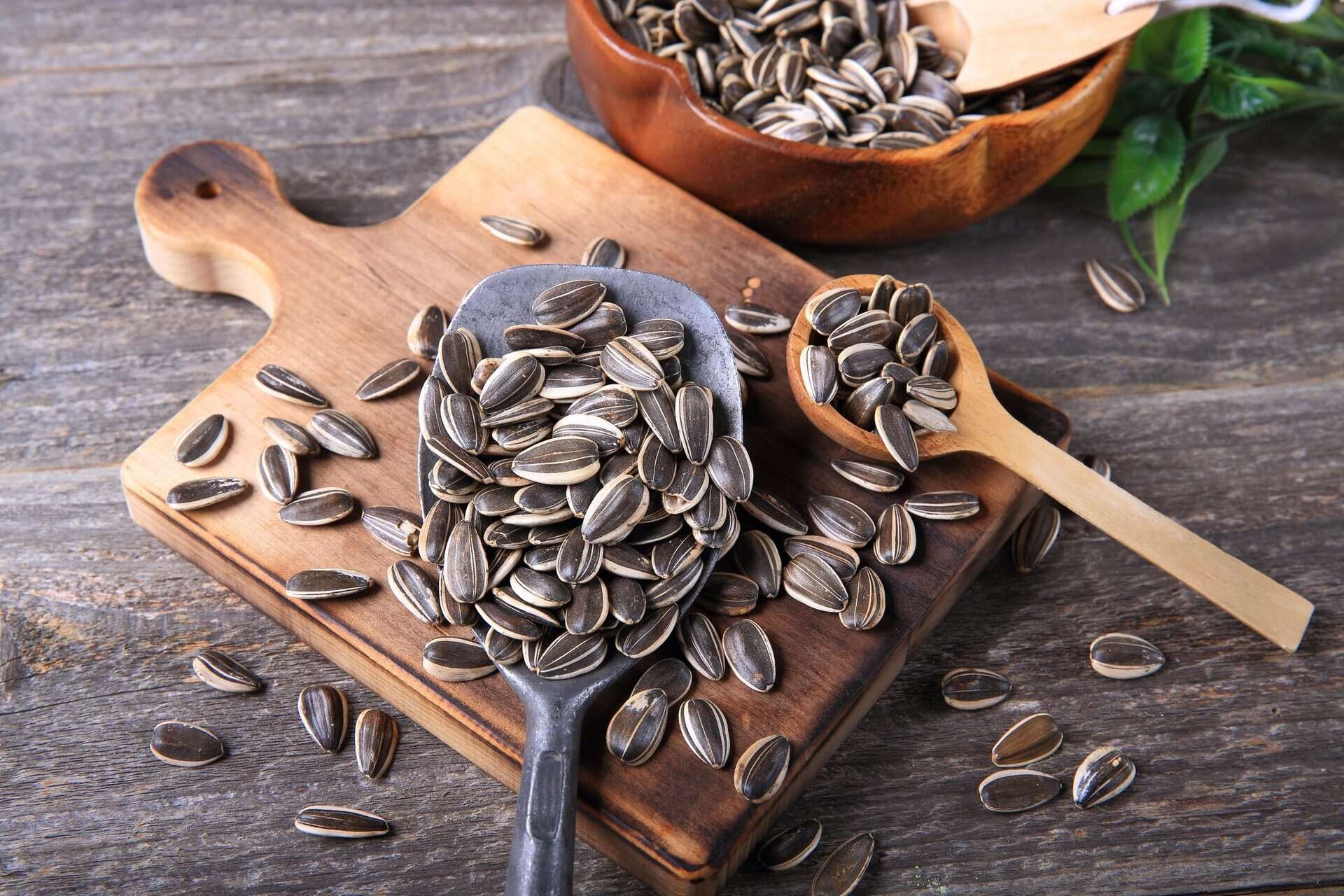
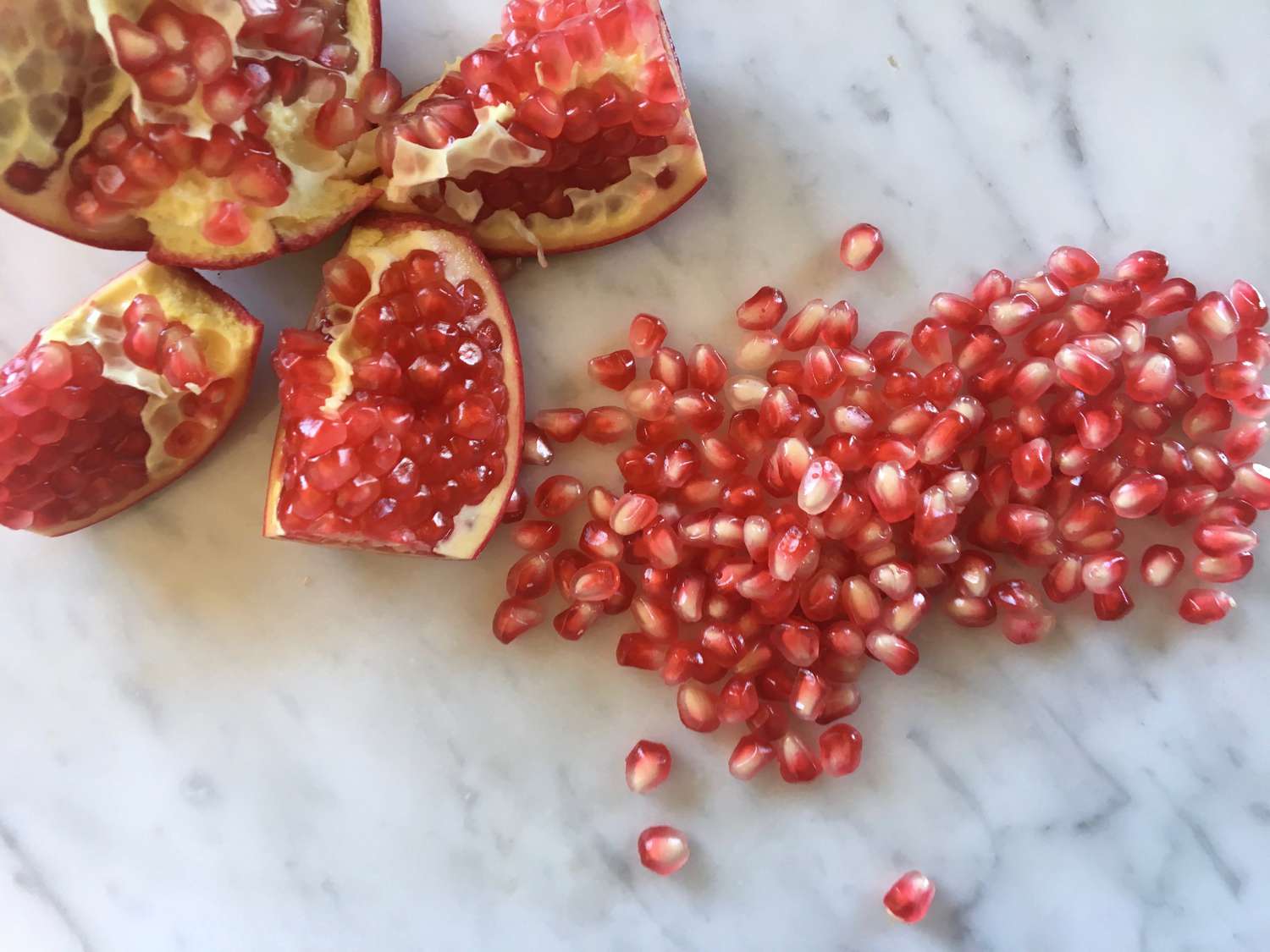
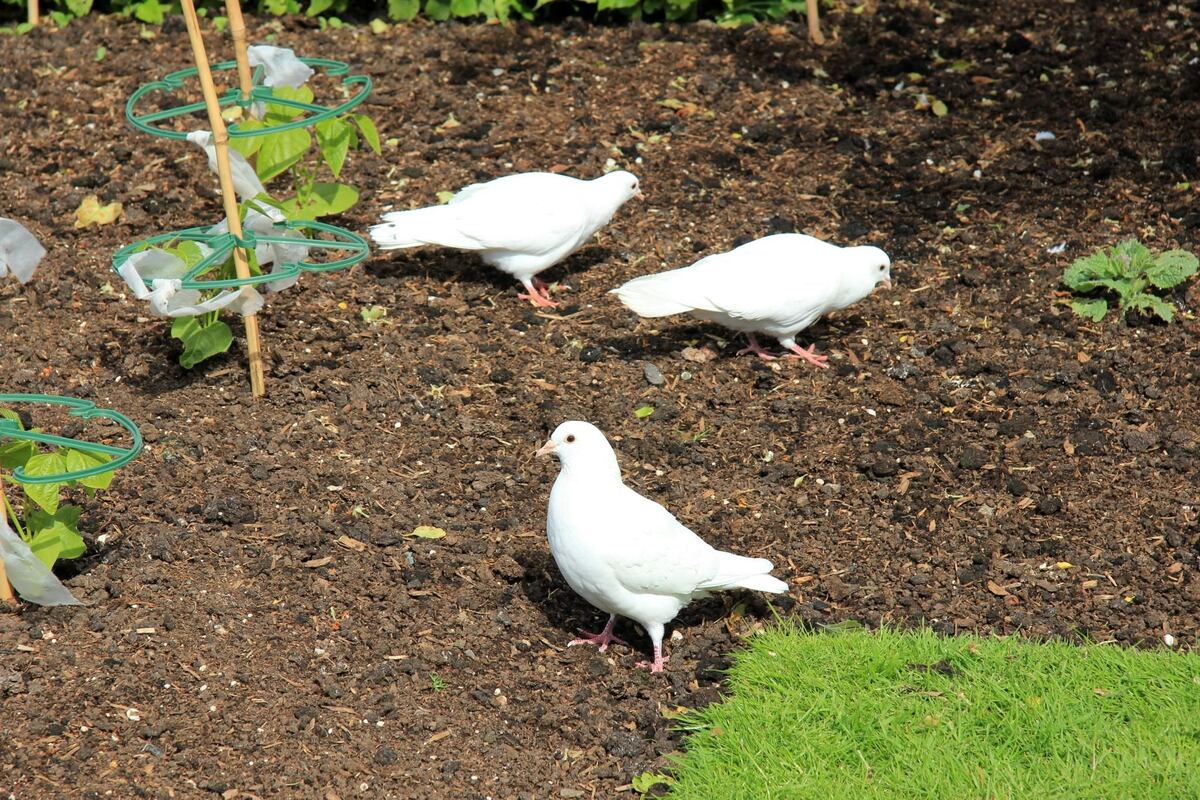
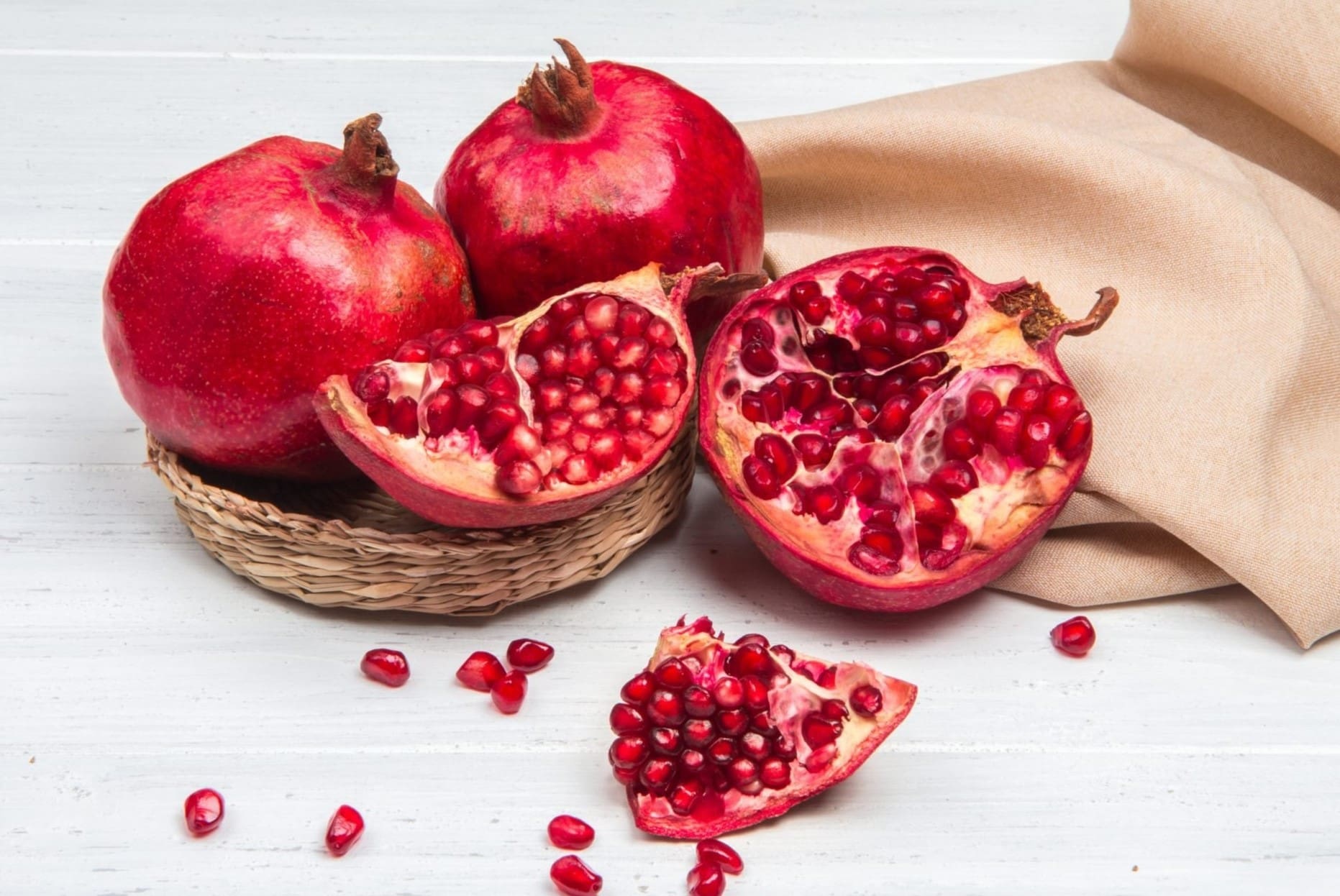
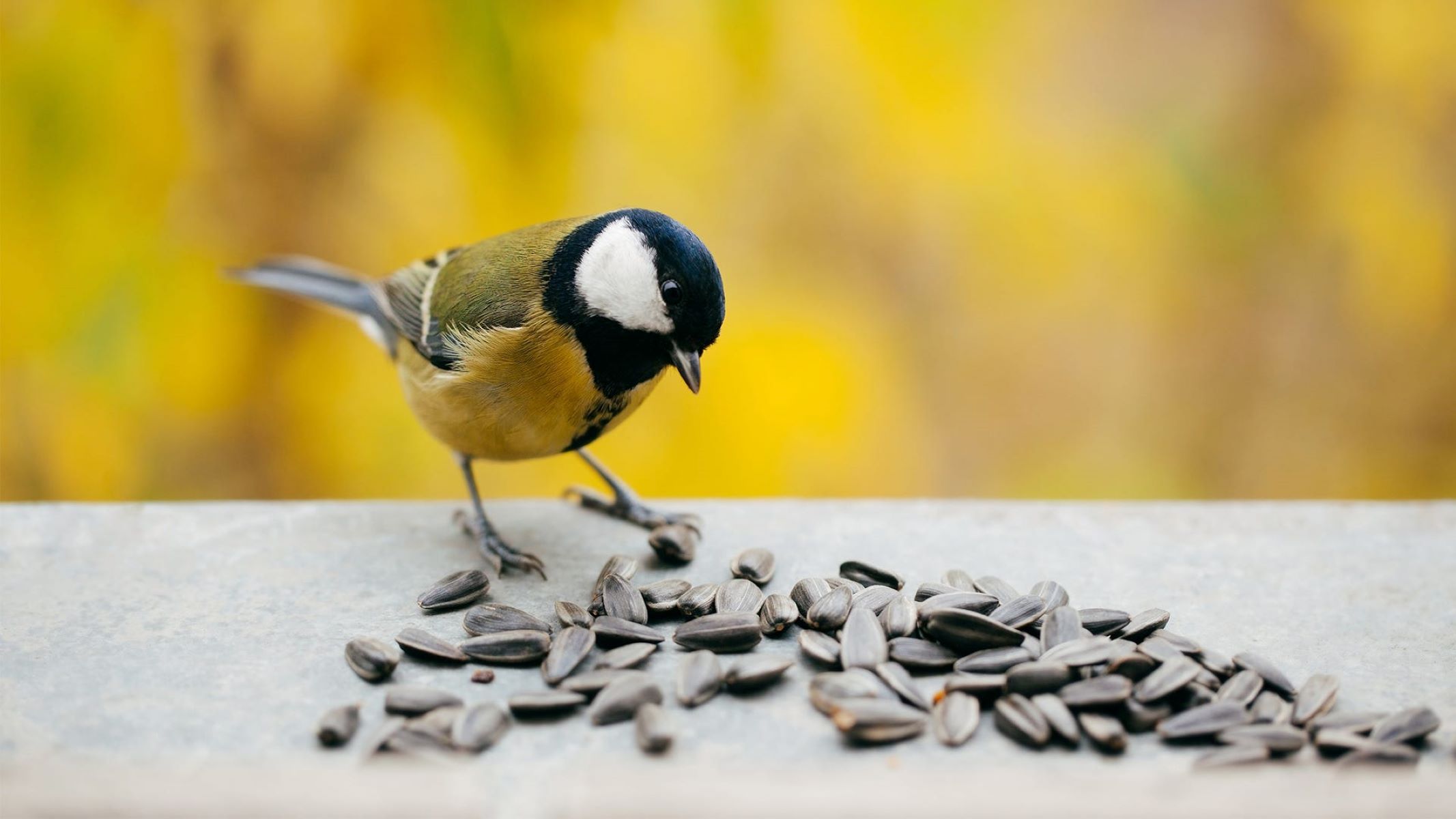
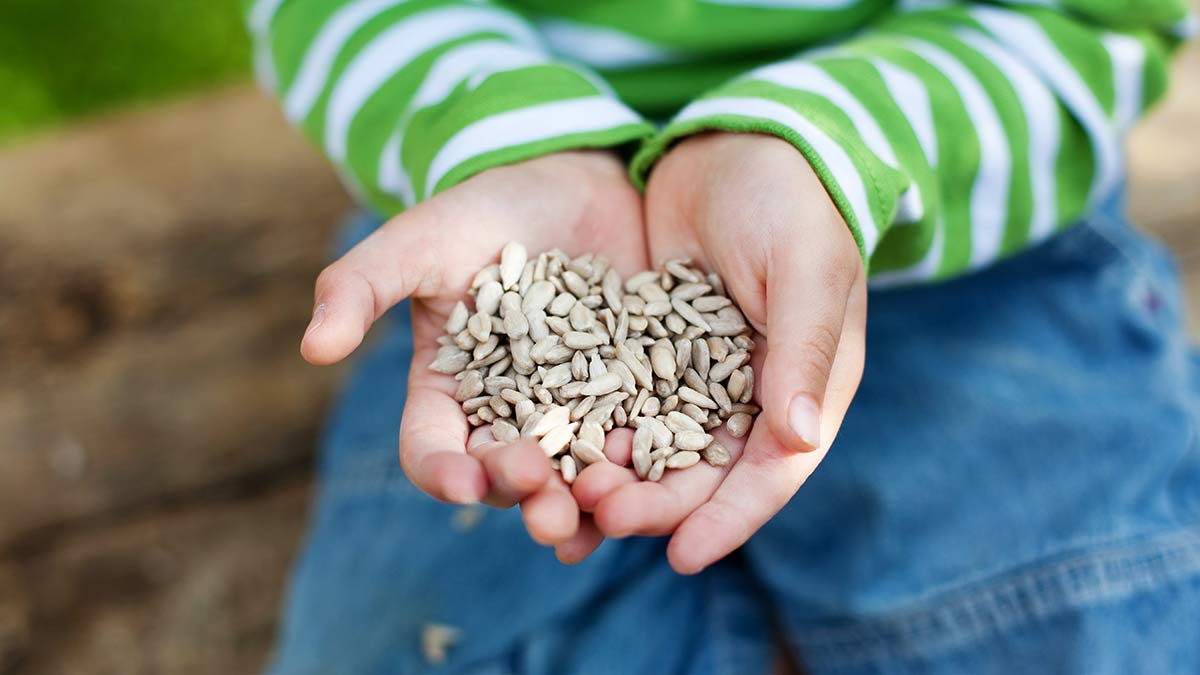
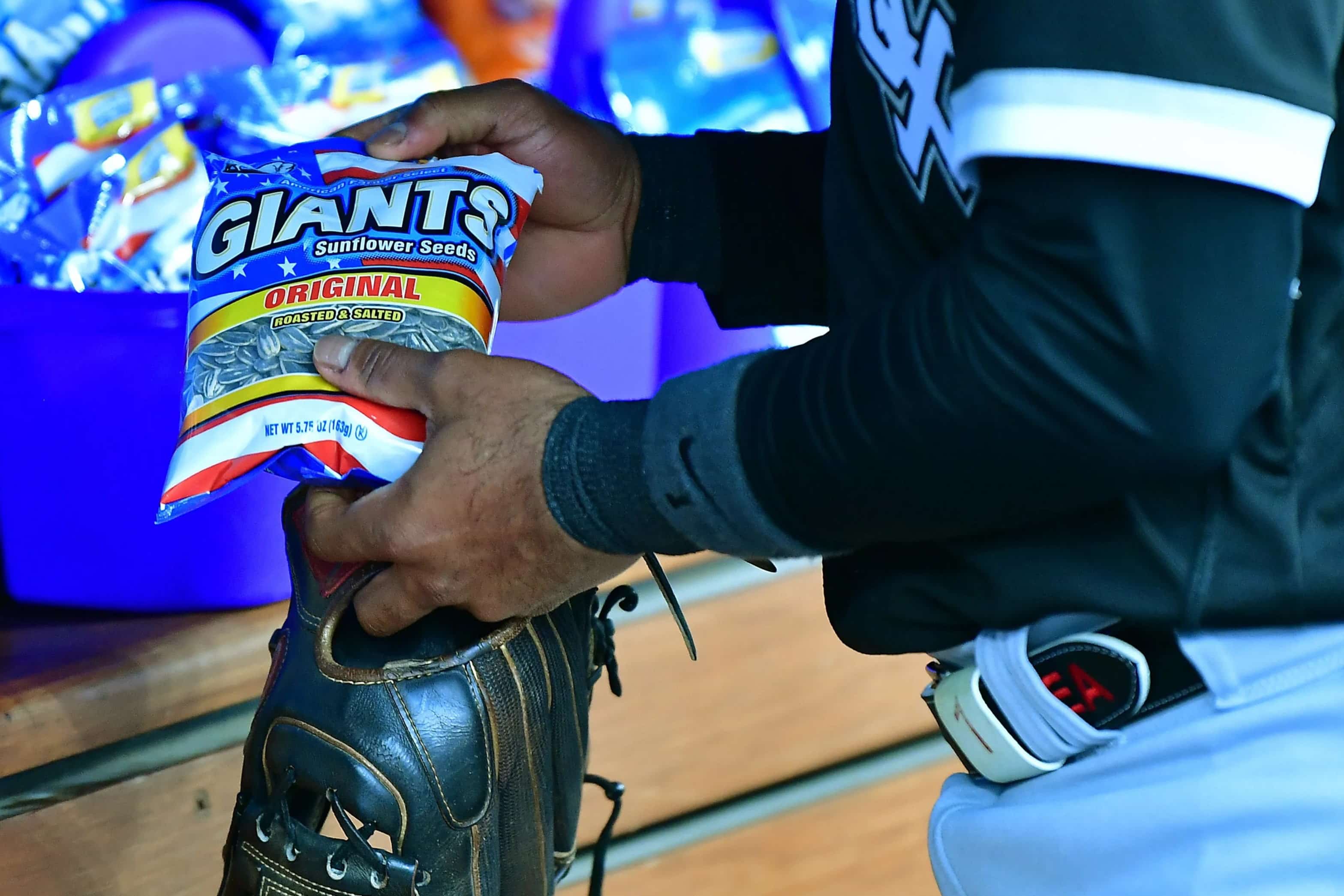
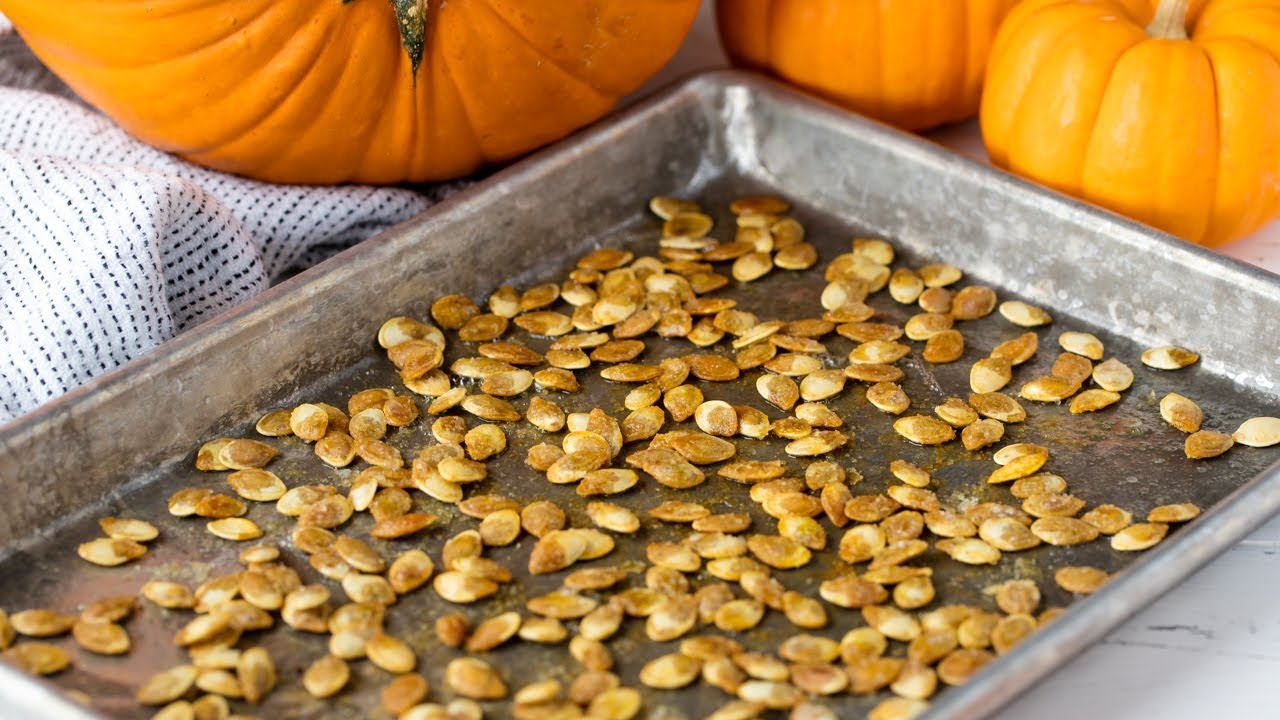
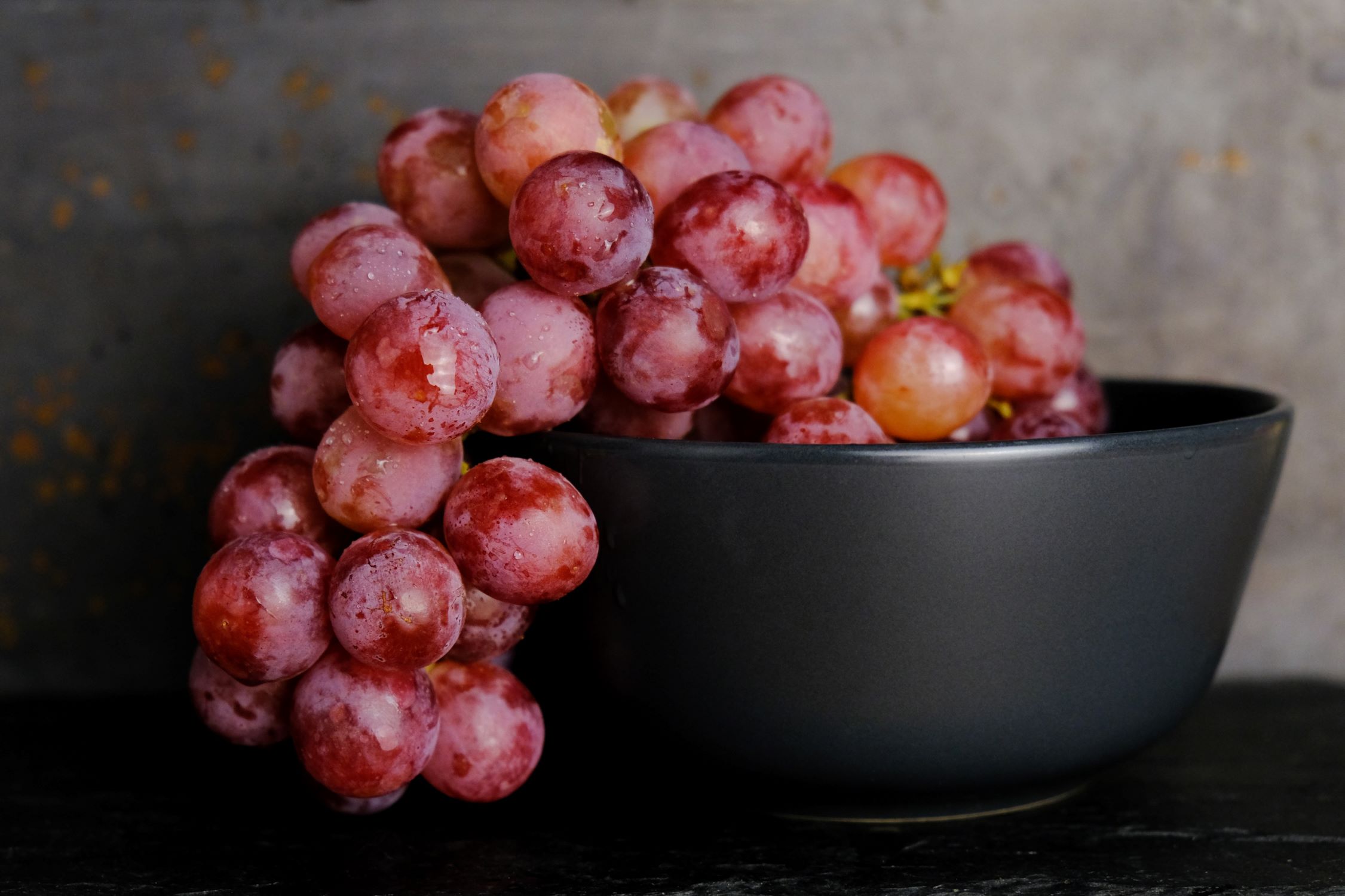
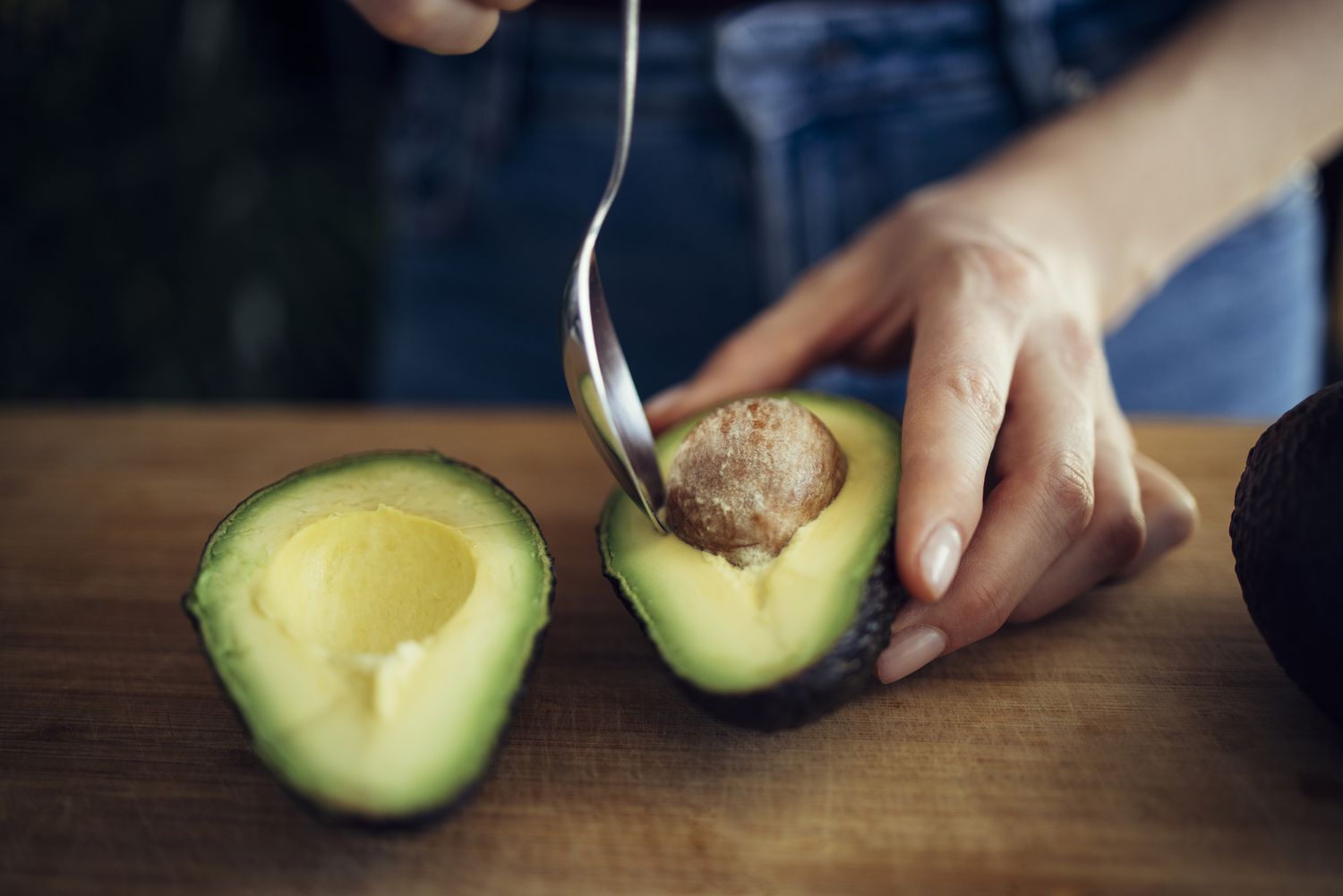
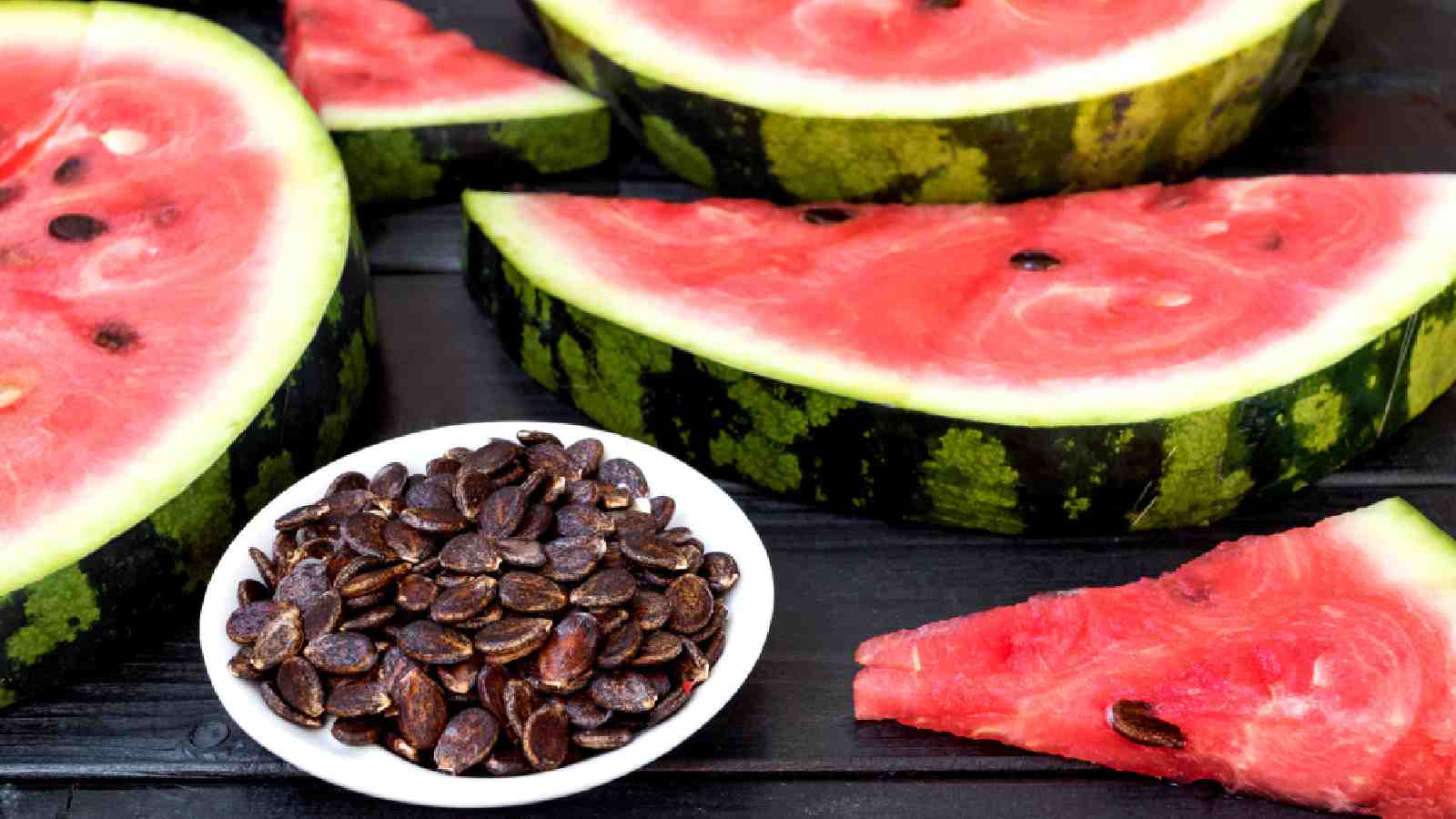
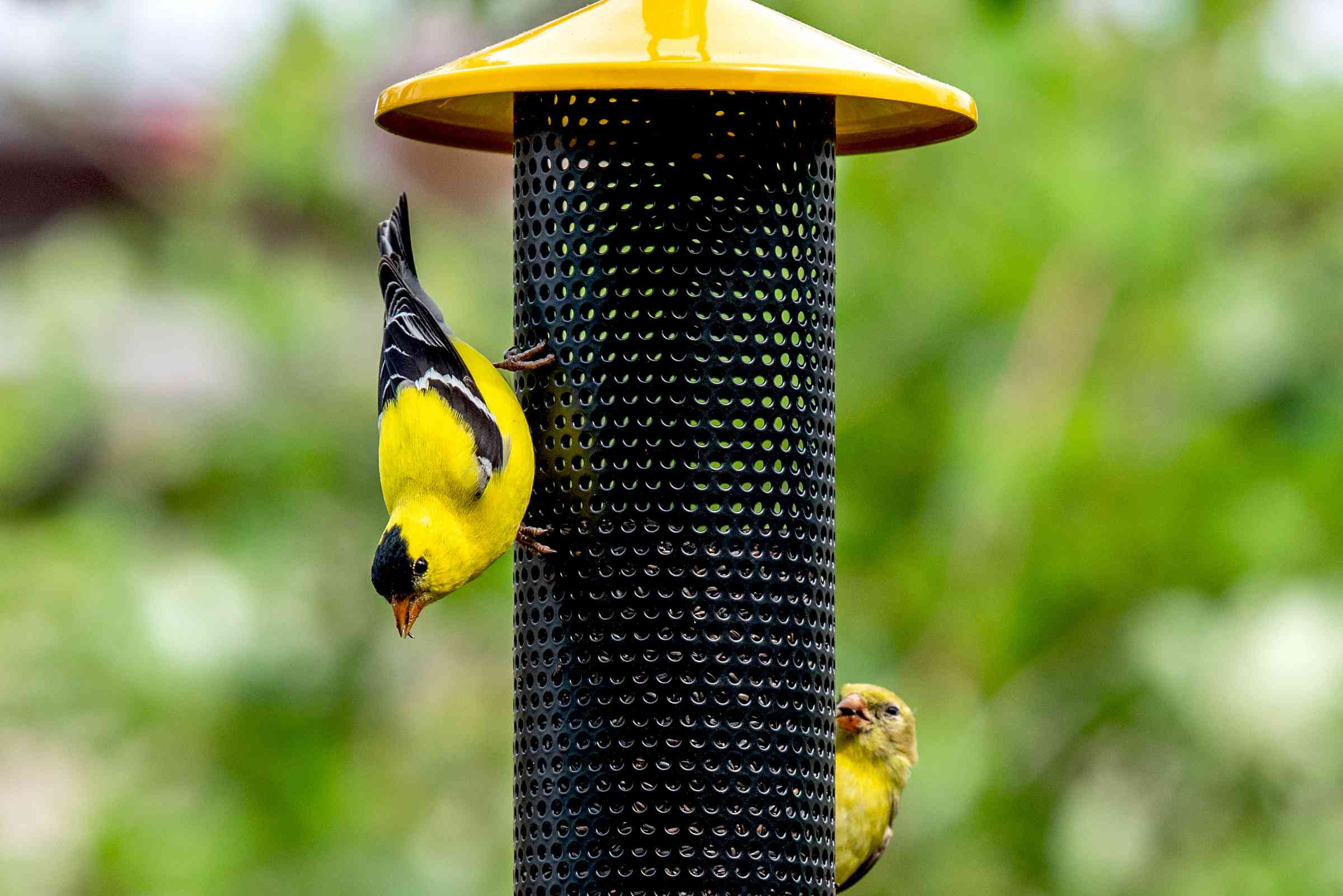
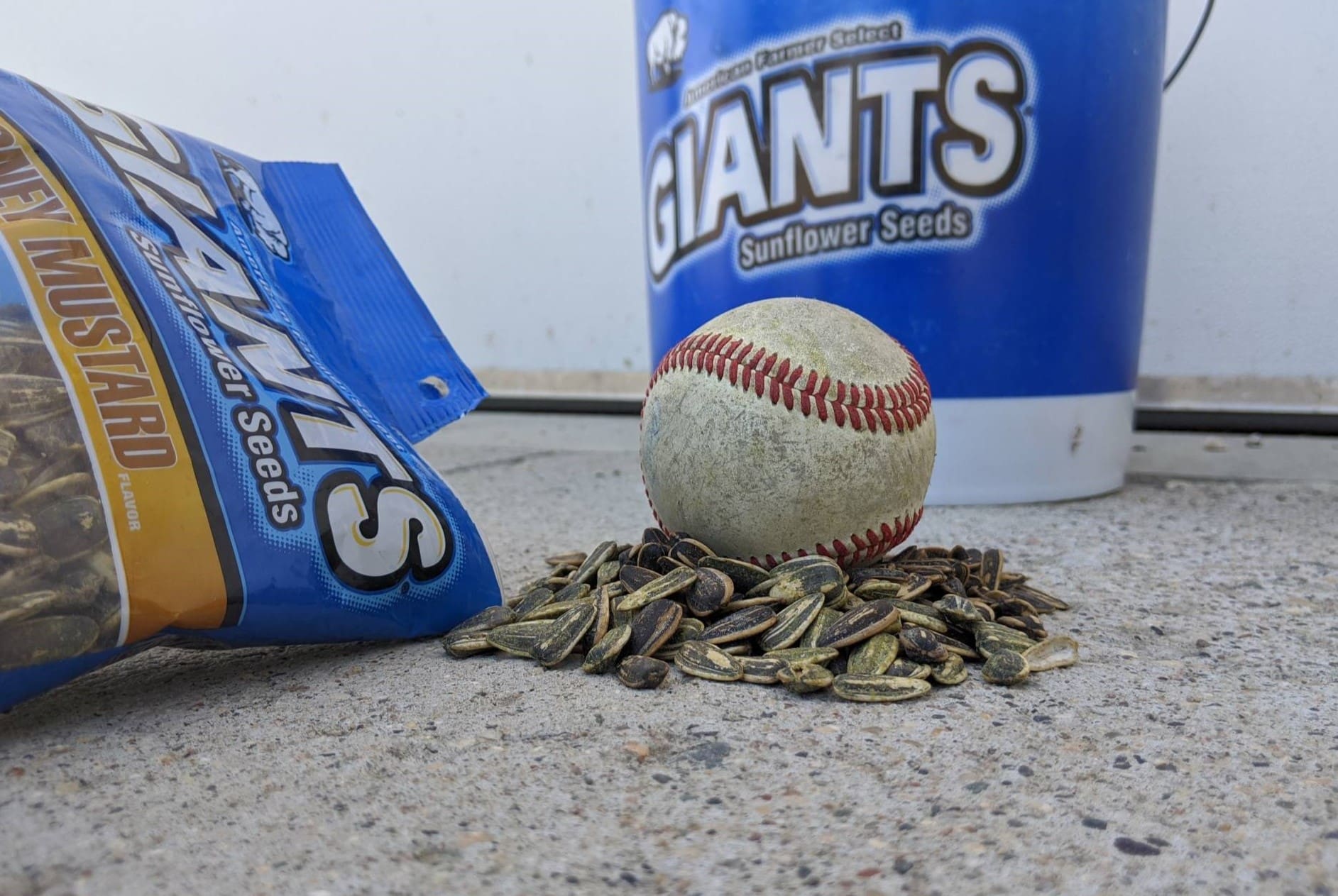
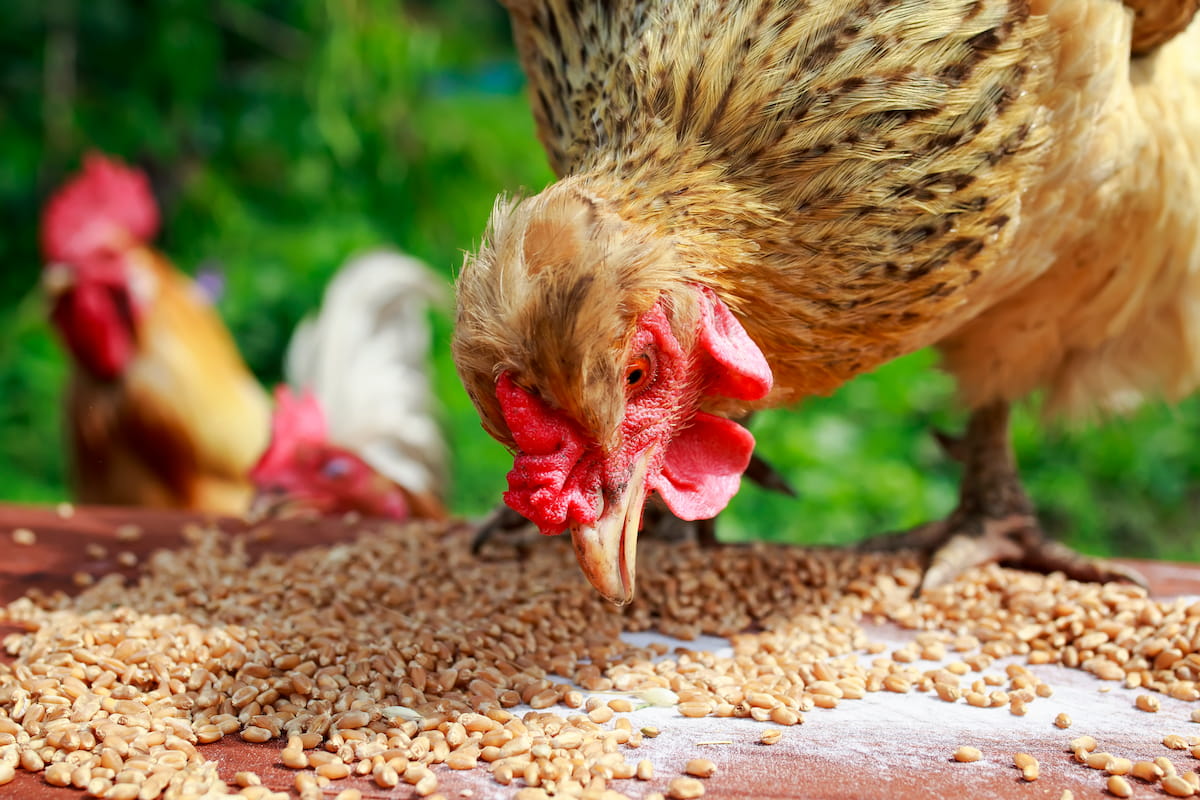

0 thoughts on “What Seeds Do Mourning Doves Eat”